All Stories
-
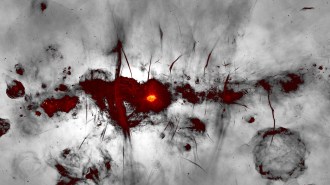 Space
SpaceThe heart of the Milky Way looks like contemporary art in this new radio image
The MeerKAT telescope array in South Africa provided this image of radio emissions from the center of our galaxy using data taken over three years.
-
 Animals
AnimalsGory footage confirms orca pods can kill adult blue whales
For the first time, three recorded events show that orcas do hunt and eat blue whales using coordinated attacks that have worked on other large whales.
By Anna Gibbs -
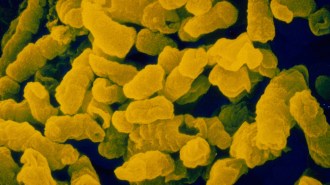 Health & Medicine
Health & MedicineA deadly bacteria has been infecting children for more than 1,400 years
DNA from a 6th century boy’s tooth reveals signs of the earliest known Haemophilus influenzae type b infection, shedding light on the pathogen’s history.
By Amber Dance -
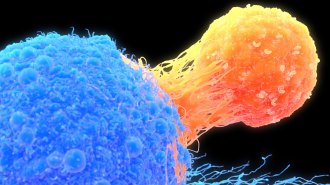 Health & Medicine
Health & MedicineGenetically engineered immune cells have kept two people cancer-free for a decade
Long-lasting leukemia remission prompts doctors to call CAR-T cell therapy a ‘cure’ for some.
-
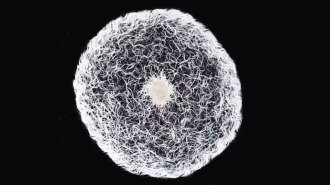 Animals
AnimalsVinegar eels can synchronize swim
Swarming, swimming nematodes can move together like fish and also synchronize their wiggling — an ability rare in the animal kingdom.
By Nikk Ogasa -
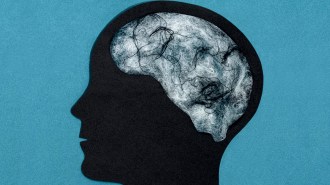 Health & Medicine
Health & MedicineA faulty immune response may be behind lingering brain trouble after COVID-19
The immune system’s response to even mild cases of COVID-19 can affect the brain, preliminary studies suggest.
-
 Oceans
OceansThe past’s extreme ocean heat waves are now the new normal
Marine heat waves that were rare more than a century ago now routinely occur in more than half of global ocean, suggesting we’ve hit a “point of no return.”
-
 Planetary Science
Planetary ScienceEarth has a second known ‘Trojan asteroid’ that shares its orbit
A recently found space rock is about one kilometer wide, orbits ahead of Earth around the sun and will stick around for at least 4,000 years.
By Liz Kruesi -
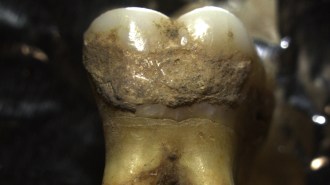 Archaeology
ArchaeologyA taste for wild cereal sowed farming’s spread in ancient Europe
Balkan groups collected and ate wild cereal grains several millennia before domesticated cereals reached Europe.
By Bruce Bower -
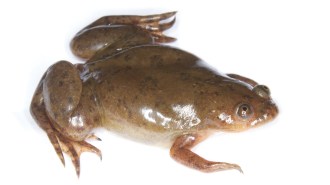 Animals
AnimalsA new device helps frogs regrow working legs after an amputation
A single treatment shortly after adult frogs lost part of their legs spurred regrowth of limbs useful for swimming, standing and kicking.
-
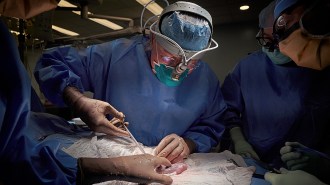 Health & Medicine
Health & MedicineWill animal-to-human organ transplants overcome their complicated history?
The elusive goal of using animal organs for transplants could be within reach, but it’s too soon to tell.
By Laura Beil -
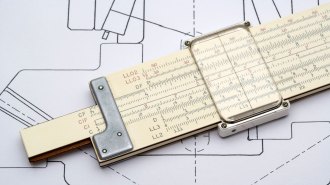 Science & Society
Science & SocietyHere are the Top 10 science anniversaries of 2022
Insulin to treat diabetes, the slide rule and the birthdays of Gregor Mendel and Louis Pasteur make the list.